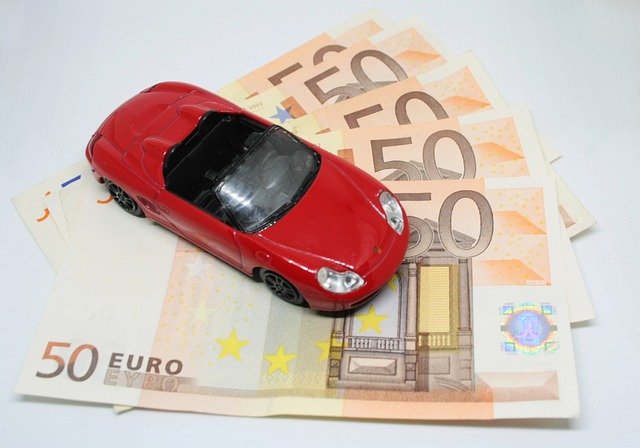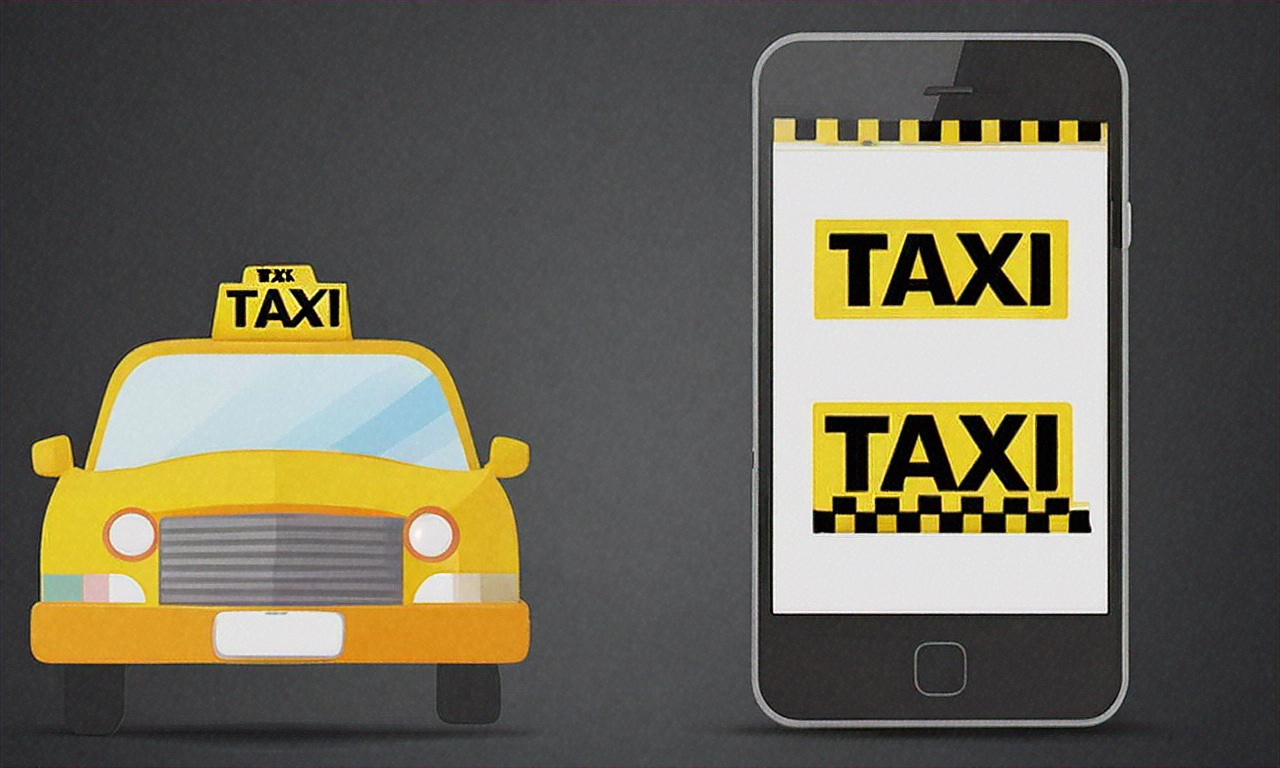Guide to Repossessed Cars: Buying at Bank Auctions
Explore how repossessed cars enter the market and where to find bargains at bank and government auctions, online platforms, and direct lender sales. Learn the risks, common fees, and documentation needed to buy repossessed vehicles safely. This guide helps buyers make informed decisions when bidding at vehicle auctions and purchasing repossessed cars.

Purchasing a repossessed vehicle can be an attractive way to save money, but it requires knowledge and preparation. This guide walks you through where repossessed cars are sold, what savings and pitfalls to expect, how pricing works, and the paperwork needed to transfer ownership securely.
Where to Find Repossessed Cars for Sale
Repossessed vehicles are distributed through several common channels, each with its own rules and audience:
- Bank-sponsored auctions and lender liquidation events
- Government surplus auctions (local, state, or federal) that dispose of seized or abandoned vehicles
- Online auction websites that list repossessions from multiple sources
- Direct sales from banks and credit unions when loans are settled
- Licensed dealers who buy repossessed inventory in bulk and resell with retail support
Knowing which channel best matches your comfort level and timeline will help you target vehicles that meet your needs.
Benefits and Risks of Buying Repossessed Vehicles
Buying a repossessed vehicle can bring clear advantages, but it also carries notable risks.
Benefits:
- Lower purchase price: Repossessions often sell below retail, sometimes substantially so.
- Large selection: Auctions and bulk sales can offer a wide variety of makes and models.
- Potential value: Well-maintained repossessed cars may represent a solid deal for buyers who inspect carefully.
Risks:
- Sold “as-is”: Most repossessed cars come with no warranty and limited seller responsibility.
- Incomplete history: Service records and accident histories may be missing or hard to obtain.
- Hidden defects: Mechanical or cosmetic issues can surface after purchase, which become the buyer’s responsibility.
- Competitive bidding: Auctions can become heated, reducing the potential savings if demand is high.
Weighing these pros and cons before you bid will improve your odds of a successful purchase.
Pricing, Typical Discounts, and Auction Fees
Many repossessed vehicles sell at a discount relative to retail values, but the final outlay includes auction fees and other costs. The table below summarizes typical discount ranges and average auction fees by vehicle type.
| Vehicle Type | Typical Discount Range | Average Auction Fees |
|---|---|---|
| Economy Cars | 20–30% below market value | $200–$400 |
| Luxury Vehicles | 30–40% below market value | $300–$600 |
| Commercial Vehicles | 25–35% below market value | $250–$500 |
Prices, rates, or cost estimates mentioned in this article are based on the latest available information but may change over time. Independent research is advised before making financial decisions.
Beyond the numbers above, factor in additional expenses such as transportation from the auction site, any immediate repairs, registration and taxes, storage or lot fees if you cannot pick up the vehicle quickly, and any applicable buyer premiums charged by auction houses.
How to Prepare and Succeed at Auctions
Preparation is the key to getting a good deal on a repossessed vehicle. Follow these practical steps:
- Research market values: Use valuation tools and recent sales to set realistic target prices.
- Get vehicle identifiers: Note the VINs of cars you’re interested in so you can run history reports.
- Inspect when possible: Attend preview days or arrange for a mechanic to inspect mechanical condition if the auction allows it.
- Set a firm budget: Determine your maximum bid including fees and potential repairs, and stick to it.
- Arrange financing ahead of time: Many auctions require payment within a short time frame; have funds or preapproval ready.
- Understand auction terms: Read the auction’s conditions, payment deadlines, and any buyer premium structures.
- Consider proxy or absentee bidding: If you can’t attend, see if the auction accepts absentee bids or uses a broker to bid on your behalf.
- Register and bring ID: Most auctions require an account, refundable deposit, and identification to bid.
Arriving informed and organized reduces surprises and prevents emotional overspending.
Legal Considerations and Required Documentation
Clearing title and completing the transfer correctly protects your ownership and future resale value. When you buy a repossessed vehicle, make sure you receive:
- A clear title or title transfer document that matches the vehicle’s VIN
- A bill of sale showing seller, buyer, sale price, and date
- Any auction purchase agreement or invoice indicating fees paid
- Proof of payment and receipts for deposits or full settlement
- Odometer disclosure statements where required by law
- Any available maintenance records or service receipts
- Lien release documentation if a previous lien was present and has been satisfied
If the title is branded (salvage, rebuilt, flood), understand the implications for registration, insurance, and resale. If any paperwork seems incomplete, delay payment until the seller clarifies the title status.
Final Tips and Best Practices
- Start with lower-risk channels if you’re new to auctions, such as dealer resale lots or bank direct-sales with consumer-facing terms.
- Prioritize vehicles with accessible history and fewer unknowns.
- Don’t skip the math: add expected repairs, taxes, transport, and auction fees to your bid limit.
- Consider hiring a buyer’s agent or using a mechanic inspection service if you lack technical expertise.
Buying a repossessed car can be a smart way to save money, but success relies on careful research, realistic budgeting, and thorough document checks. Approach each auction with a clear plan, and you’ll be better positioned to spot bargains while minimizing risk.





